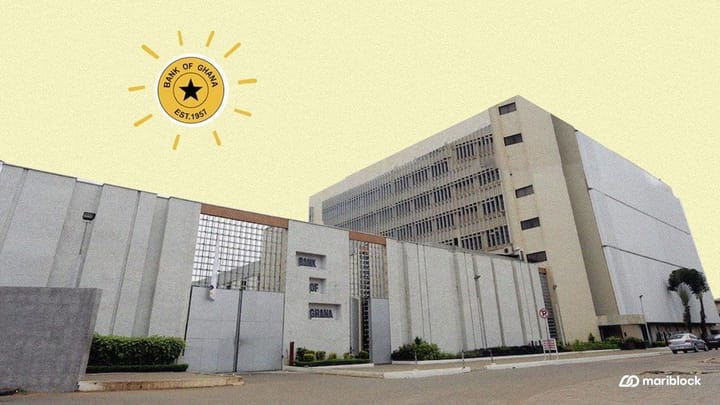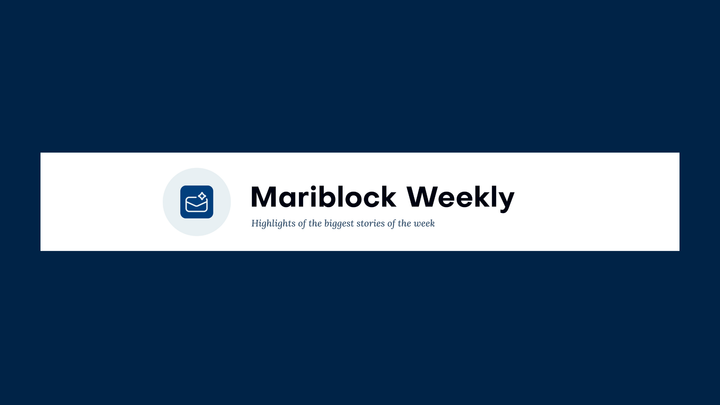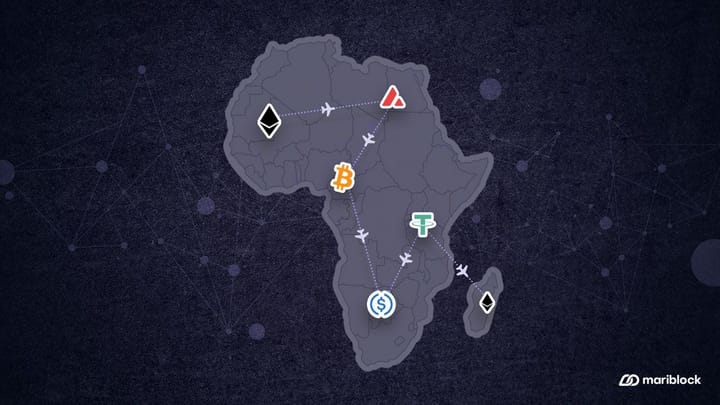Non-custodial wallets: the future of crypto security
White also mentioned that several traditional global institutions that have explored blockchain research over the past few years have not shut down their investigation.

A critical aspect of blockchain is decentralization and the infrastructure that supports it. For instance, non-custodial wallets give users complete control over their private keys, which is becoming increasingly important as trust in central exchanges and third-party apps erodes due to fraud.
Recently, the Crypto@scale podcast interviewed Yele Bademosi, the CEO and co-founder of Nestcoin, and Will White, the COO of WalletConnect, to discuss the topic of non-custodial wallets and crypto adoption in Africa.
The following are seven key insights from the discussion.
Everyone should have self-custody wallets.
White explains that the fall of several central exchanges has shown that users must take ownership and security of their digital identity, assets, and properties. According to him, self-custody wallets are the best way to control how we use and share our digital valuables without the influence of any third party.
He said:
“Let’s stop it being just a hobbyist thing and start making [having a wallet] a part of your life. We’re at that point where we’re still surfing the web [in terms of exploring this technology].
“And if we’re putting more of our identity and assets into wallets, we’ve really got to be serious about who owns that and clear on where everything’s made available.”
A simple and seamless user experience is the key to increasing wallet adoption.
Many users are often skeptical about blockchain and crypto products due to the technicality or perceived complexity of their user experience, and according to White, these products do not feel “human and understanding.”
Similarly, Bademosi, whose company, Nestcoin, was directly impacted by the FTX crash of 2022, explained that the best way to drive the adoption of self-custody wallets is through a simple user experience on wallets.
Speaking on his experience building Onboard, a social sign-in wallet for Africa, he said:
“So we believe in the future of on-chain finance, and we want to make it as simple as possible. It should feel like a traditional finance application. Some of the feedback we’ve gotten from Onboard users is [that the process] feels too simple. They’re used to all the steps you have to go through on centralized products … So we’ll know we’re successful when creating an Onboard wallet feels like signing into Facebook or signing into Instagram.”
Localization of blockchain innovations will expand economic opportunities globally.
The potential for the high adoption of crypto and self-custody wallets in Africa mainly depends on the market dynamics and user pain points. Blockchain innovations that cater to these needs are bound to succeed. During the discussion, Bademosi stated that he believes actual use cases for these blockchain products will be seen in Africa. The potential for the high adoption of crypto and self-custody wallets in Africa largely depends on the market dynamics and user pain points.
He also highlighted the opportunity for Africans to contribute to the global crypto industry through the democratization of blockchain technology.
He said:
“As Africans, we’ve not contributed to the crypto ecosystem. Now, there’s been a technology shift where Africans have access to the same tool, information, idea, and end users, [like] anyone else. It’s a global phenomenon.”
Walletconnect sees potential for innovation and high wallet adoption in Africa.
Speaking on the opportunities and areas of focus for WalletConnect, White emphasizes the company’sinterests in Africa. According to him, WalletConnect sees innovation and wallet usage on the continent.
“If we split the world apart and think of the places where wallet innovation is going to come, Africa is right at the top of the list. And priorities for the business and how we plan to keep enabling that couldn’t be higher,” he said.
He also acknowledged the gap between the universal functionalities of wallets and the specific features that cater to the end user’s needs.
He added:
“... There are different ways people subtly interact with their money; that is a strong cultural human phenomenon that’s not going to change.”
The biggest crypto competition in Africa is fintech
When asked where he sees the most use cases for stablecoins, Bademosi responded that business use cases have more volumes than retail. He stated that the majority of the stablecoin volume can be traced to the aggregation of liquidity from small players to more significant players.
He said:
“I think something that we don’t talk about a lot is that, from a utility perspective, the biggest competition for crypto in Africa is actually fintech. So if I’m offering someone a stable coin account [in] a country [where] there’s a fintech that is offering a USD account and that fintech can allow you on-ramp directly from doing a transfer virtually into like a Naira virtual account without doing P2P, then you’re competing right?”
No major institution that began researching blockchain has discontinued its research.
In conclusion, White mentioned that several traditional global institutions that have explored blockchain research over the past few years have not shut down their investigation. This could mean that such organizations are seeing the utility of the technology, and possible collaborations could be made in the future.
He said:
“On the institutional thing, we’ve seen another really positive trend. So at the end of the bull market, they were all desperately trying to put together teams that were doing R&D.
“Really interesting thing; not one of those big brands has put those teams to zero. Even the ones that have announced it publicly that they have, they quietly have kept a team working on it.”



